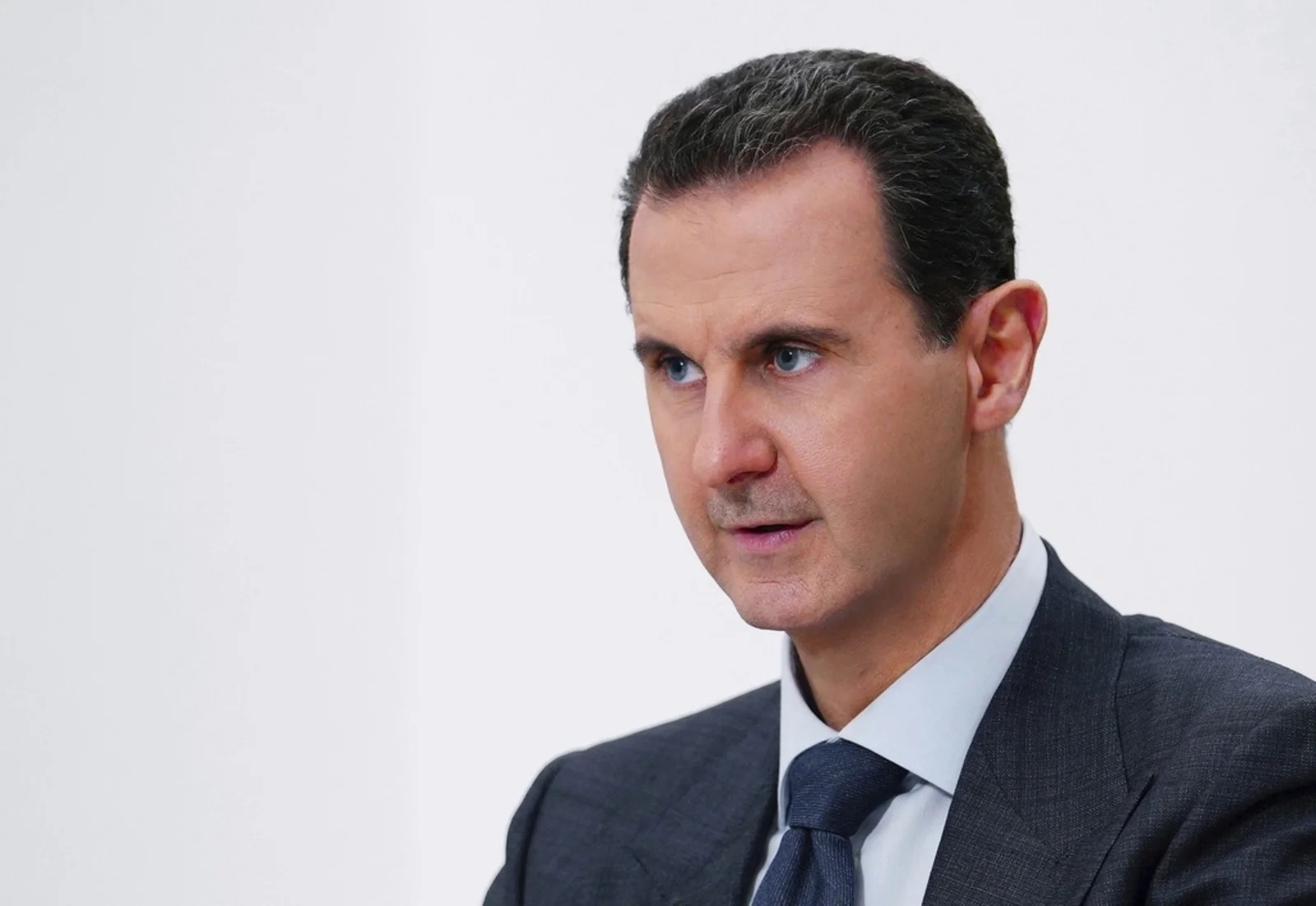Middle East
Middle East

The Middle East on the Brink of Nuclear Catastrophe
Israel escalates its conflict with Iran, risking a major war

Can Israel Relocate Palestinians to Other Countries?
What's happening in Gaza after Trump's bold promise to turn it into the «Middle East Riviera»

Russia as a Universal Mediator
This could be its new role in the Middle East

The Geopolitics of Islam: Is the "Age of Turkey" Coming?
The dramatic events in the Middle East since October 7, 2023 - the «Flood of al-Aqsa», the war in Gaza, and the fall of the Assad regime in Syria - have led to radical changes in the geopolitical structure of the region. These developments have been the subject of enormous analysis, but one very specific area remains largely outside the scope of discussion, namely the Islamic dimension of geopolitics.

The Middle East and the “Trump Factor”
The article "After the Flood" (February 11, 2025) presented a vision of the internal dynamics in the formation of a new architecture in the Middle East - one that disregards external influence. Such influence, however, cannot be ignored

Trump has devised a plan for the great relocation of a people
The U.S. president seems to see himself as Moses, leading the Palestinians to a new peaceful homeland - not to the Promised Land, but out of it

Serial Syria
Will Moscow be able to establish relations with the new leadership of this country, and will Russian military bases remain there?

After the Flood
The flood waves of Al-Aqsa are receding, and gradually the outlines of a new regional structure are emerging. It appears as a system of triangles

The Middle East - 2025: Key Risks
2024 was marked by the «Al-Aqsa Flood»: the regional situation unfolded according to the logic established by the events of October 7, 2023. It is quite possible that the current year will be marked by a «Syrian Winter», with the Middle East evolving in line with the logic set by the fall of the Assad regime on December 8, 2024.

Syria: What's Next?
The overthrow of Assad in Syria, which caused quite a stir, was not entirely unexpected. At least not for the readers of «GEOFOR»: already at the end of November, we suggested that something like this could happen. And it is not about the sudden «weakness» of the regime (after all, it lasted for 15 years under conditions of constant war, occupation of a significant part of its territory and a harsh external blockade).

Will Syria remain a unified country?
The fall of the Assad regime will affect the entire Middle East

The Aleppo tragedy: what it will mean for Syria
The escalation in the Syrian Arab Republic, where militants from terrorist groups have launched a major offensive, came as a surprise to the global media. But was it really unexpected?